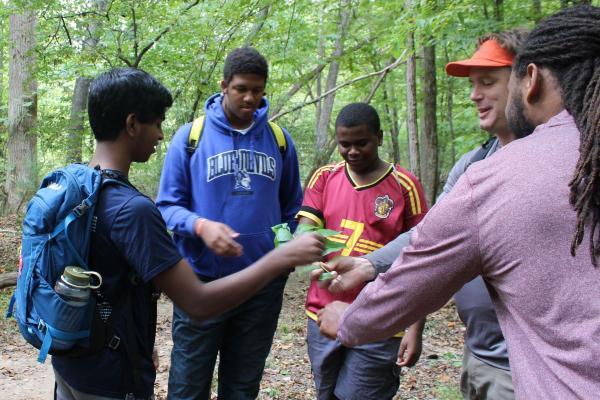
Dr. Emily D’Agostino, DPH, MS, MEd, MA, associate professor of Orthopaedics and director of Community-Engaged Research Practice in the Occupational Therapy Doctoral Division, led the evaluation of the Going Places initiative—a community-based after-school program developed by Durham Parks and Recreation in collaboration with Duke pediatric and orthopaedic researchers.
Designed to help teens from underserved Durham neighborhoods build confidence and skills to navigate their communities independently, the program includes workshops, field trips, fitness classes, and mentoring. The research collaborative assessed the program’s impact on physical activity, transit use, and self-efficacy among participants.
“Our findings show that when youth are supported in learning how to move confidently through their neighborhoods, it can lead to meaningful improvements in physical activity and independence,” said Dr. D’Agostino. “This kind of community partnership is essential for addressing disparities in access to safe, healthy environments.”
The study, published in the American Journal of Public Health, highlights the value of interdisciplinary, community-engaged research in promoting health equity for Durham’s youth.